Barbecuing is a beloved pastime for many, but are you flipping those burgers too often because of a myth you’ve heard? Let’s explore 12 common BBQ myths that might be affecting your grill game and learn how to perfect your barbecuing technique.
Myth 1: Flipping Burgers Often Makes Them Juicy
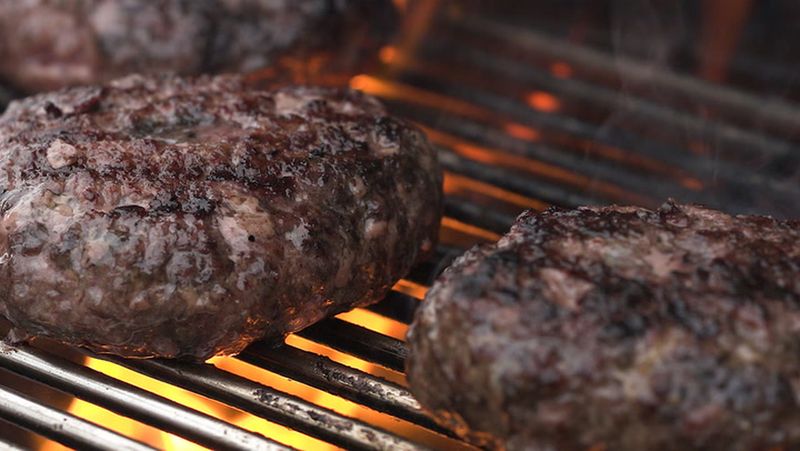
The belief that regularly flipping burgers keeps them juicy is widely held. However, constant flipping can actually prevent them from searing properly.
To achieve that savory crust, it’s better to let them sit on one side for a bit longer.
Once flipped, allow the other side to cook evenly. This method ensures a flavorful and juicy burger, contrary to the myth.
Myth 2: Marinating Meat Overnight is Best
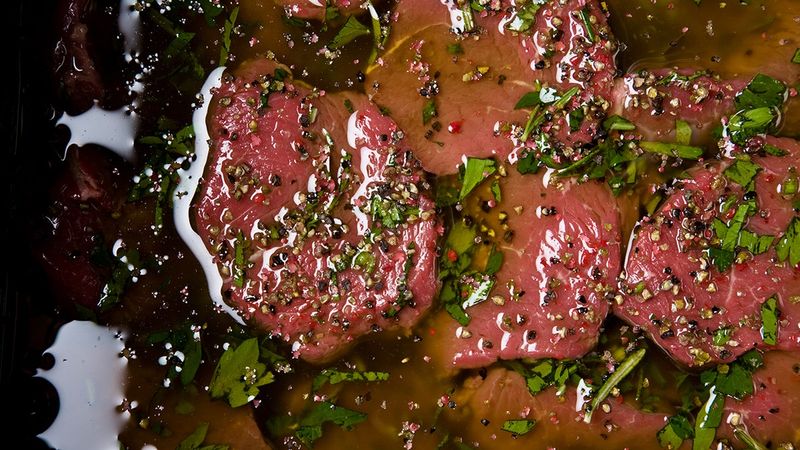
Marinating overnight is seen as a sure-fire way to infuse flavor. Yet, too long in the marinade can lead to mushy textures.
Acids in the marinade start to break down proteins, altering the meat’s surface.
For optimal results, a few hours is often enough for most cuts, ensuring tender and flavorful meat without the unwanted mushiness.
Myth 3: Cooking Over Charcoal Adds More Flavor
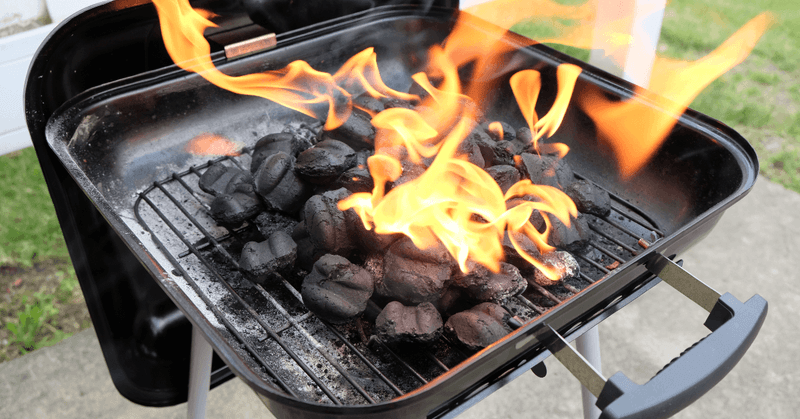
Charcoal grilling’s rich flavor profile is legendary, but gas grills can also deliver similar results.
The secret lies in the drippings that create smoke, infusing meat with distinct tastes.
Whether charcoal or gas, controlling airflow and temperature greatly impacts the flavor, debunking the myth that only charcoal can seal the deal.
Myth 4: You Can’t Grill in Cold Weather
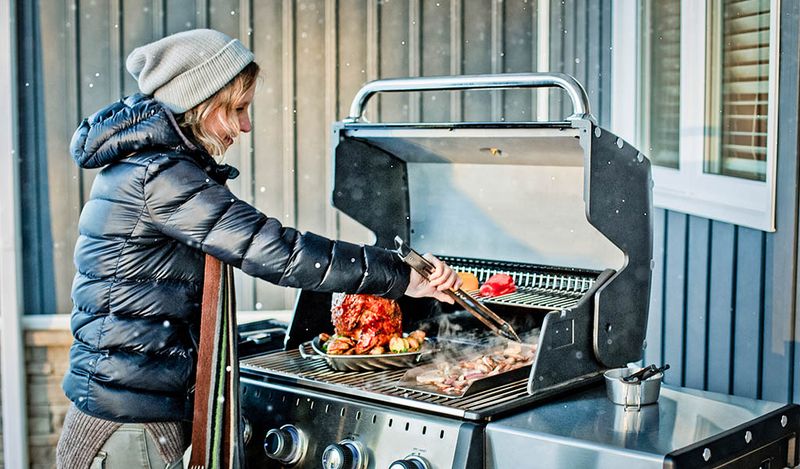
Cold weather grilling is often dismissed as impractical. But, for BBQ enthusiasts, temperature is just a number.
With proper preparation and the right gear, winter grilling is entirely feasible.
Using a grill with a lid and allowing extra time for heating can turn any chilly day into a successful barbecue venture.
Myth 5: Always Use a Fork to Test Doneness
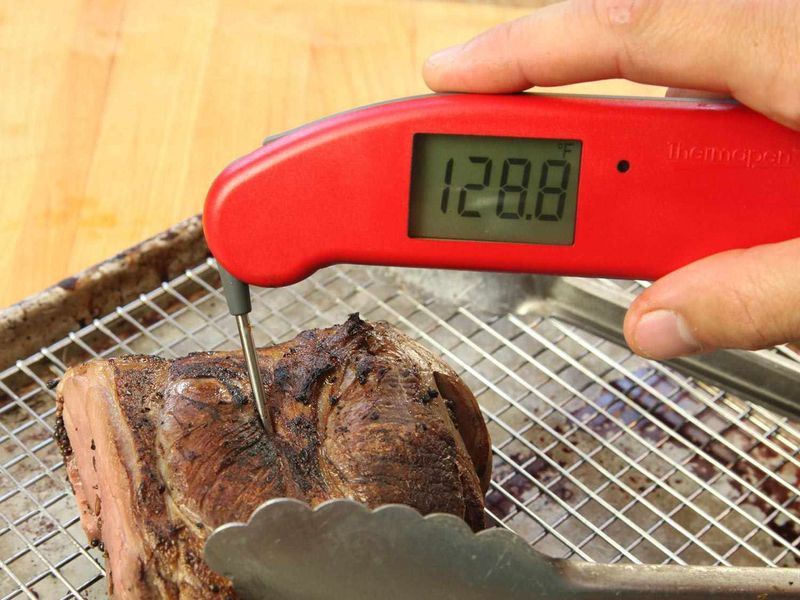
Poking meat with a fork checks doneness but also lets precious juices escape.
Instead, a meat thermometer offers a precise reading, ensuring meat reaches the preferred internal temperature.
By avoiding punctures, flavor and juiciness are preserved, making thermometers a wise alternative to forks.
Myth 6: Searing Meat Seals in Juices
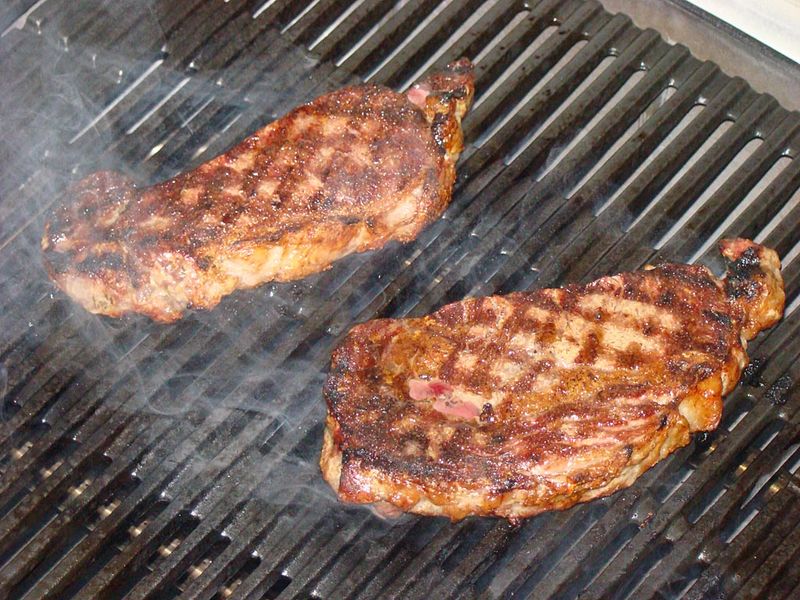
The idea that searing locks in juices is a tale told at many grills. Searing does create a delicious crust but doesn’t seal in moisture.
Juices are released as meat cooks, regardless of searing.
Searing’s true value is the flavor boost from caramelization, making it essential for taste, not moisture retention.
Myth 7: Basting with Sauce Throughout Cooking
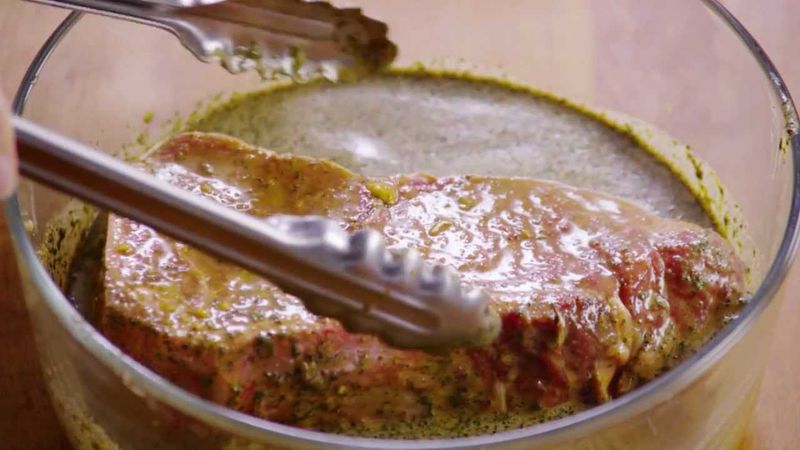
Basting with sauce while cooking is believed to enhance flavor throughout. However, sauces often burn due to high sugar content.
Applying sauce towards the end ensures the meat is well-coated without charring.
For a balanced BBQ flavor, consider seasoning early and saucing later, preserving taste without burning.
Myth 8: All Smoke is Good Smoke
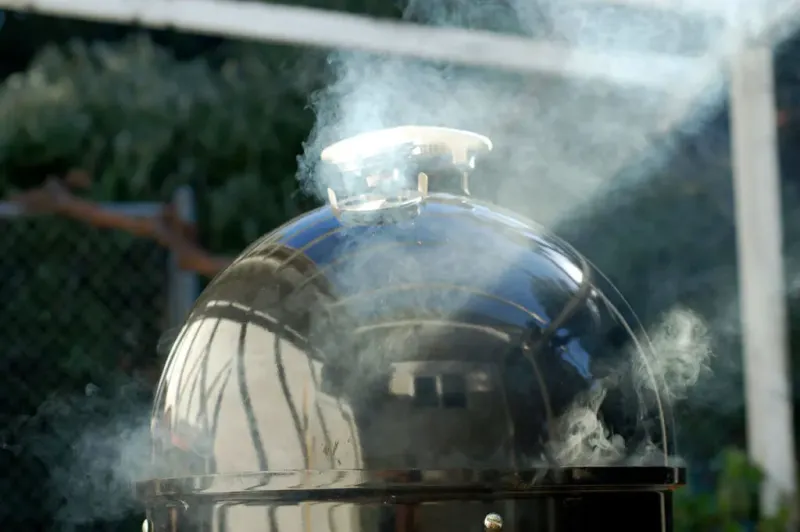
The more smoke, the better the flavor, right? Not always. Thick, white smoke can impart a bitter taste.
Thin, blue smoke signifies ideal combustion, leading to a more pleasant flavor.
Mastering smoke control can elevate your BBQ game, proving that not all smoke is beneficial.
Myth 9: Pre-Cooked Meat is Easier to Grill
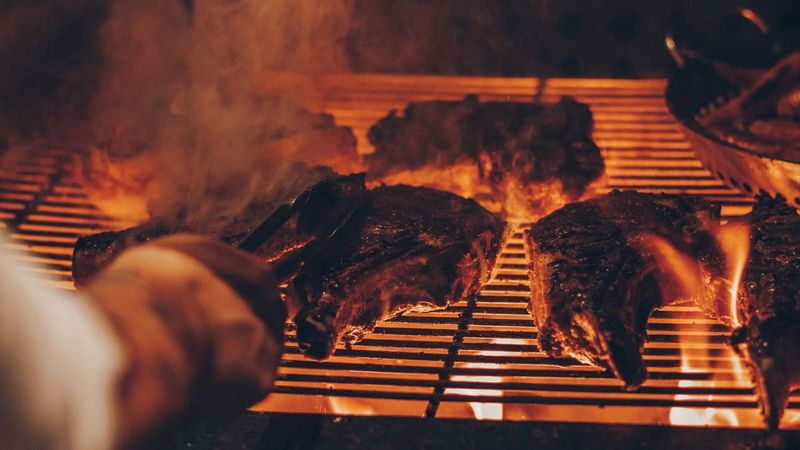
Pre-cooking meat before grilling may seem efficient, but it often results in dry, overcooked dishes.
Grilling from raw allows for better flavor development and moisture retention.
Managing grill temperatures properly can ensure that meats cook evenly without the need for pre-cooking shortcuts.
Myth 10: Grilling is Unhealthy
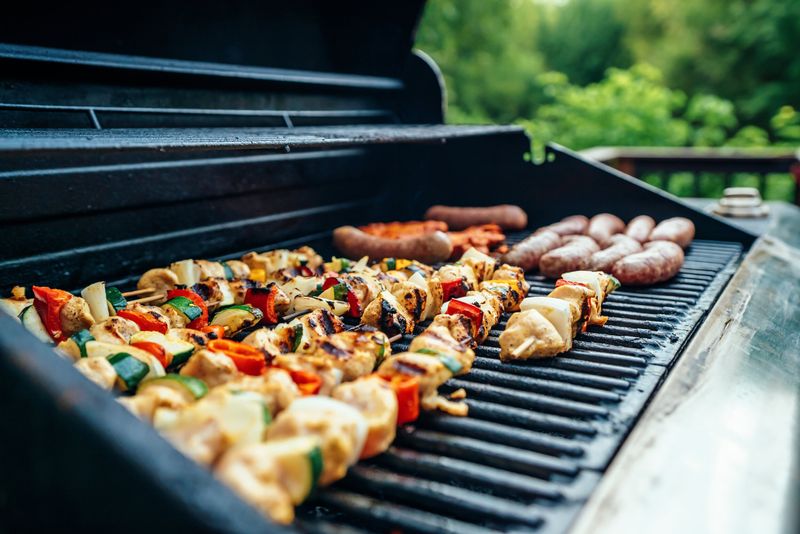
Grilling’s reputation as unhealthy stems from high-fat meats and charred finishes. However, with the right approach, grilling offers nutritious options.
Choosing lean cuts and incorporating vegetables can vastly improve health benefits.
Practicing moderation and proper technique can transform grilling into a health-conscious choice.
Myth 11: Meat Should Rest Before Serving
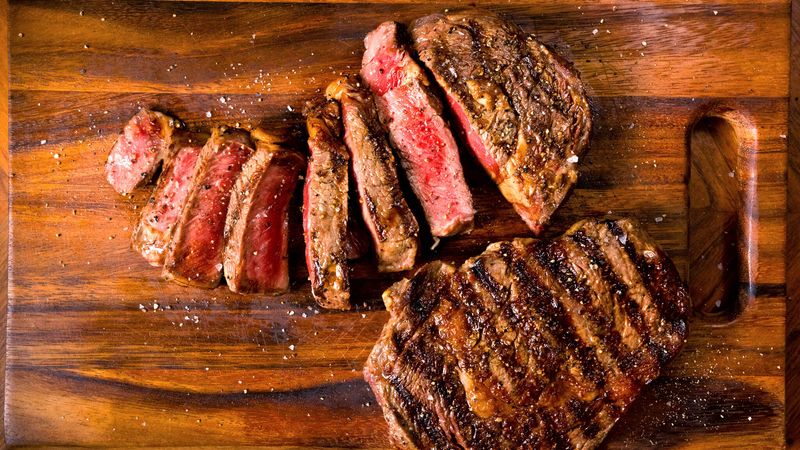
Resting meat is advised to retain juices, but timing matters. Allowing meat to rest for too long can lead to cooling and loss of appeal.
Short resting times suffice, striking a balance between juiciness and serving temperature.
Understanding meat’s internal temperature helps preserve flavor while preventing over-resting.
Myth 12: Always Oil the Grill Grates
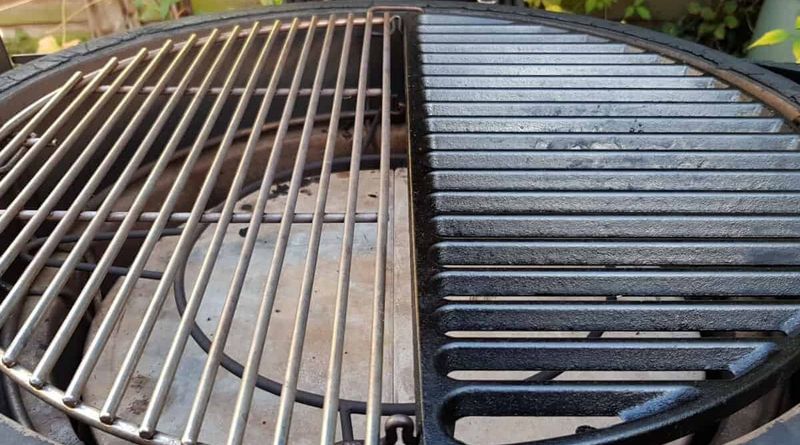
Oiling grates prevents sticking, but over-oiling can lead to flare-ups. Instead, oiling the food directly can achieve a non-stick surface without excessive grease.
This method simplifies cleanup and enhances safety, making your BBQ experience both efficient and enjoyable.
Leave a comment